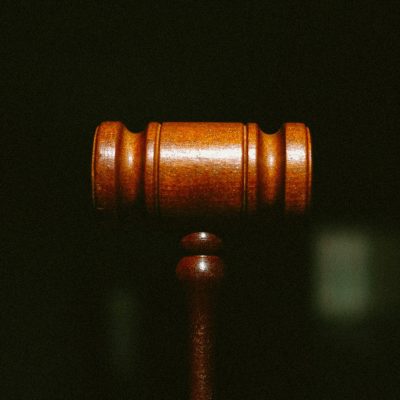
A will, in order to be valid in Florida, must be in writing, signed by the testator at the end of the will (or subscribed by someone in the testator’s presence and at the testator’s direction), in the presence of at least two attesting witnesses. §732.502(1), Fla. Stat. A will other than a holographic (handwritten) or nuncupative (oral) will, executed by a nonresident of Florida, is valid in this state if it is valid in the state where it was executed. A will that is in the testator’s handwriting is not considered holographic if it is executed in accordance with the requirements of subsection (1). §732.502(2), Fla. Stat.
A will may be revoked by a subsequent will, codicil, or other writing executed with the same formalities required for the execution of wills declaring the revocation. §732.505(2), Fla. Stat.
A recent 4th DCA case discussed the above statutes in determining whether a holographic will revoked a prior will and could be probated in Florida. In Caveglia v. Heinen, 359 So.3d 745 (Fla. 4th DCA 2023) the decedent executed a will in May 2014. In 2015 the decedent handwrote a will in which he stated that he was revoking prior wills, but the 2015 will was not witnessed. The decedent resided in Louisiana when he executed both the 2014 and 2015 wills, then moved to Florida in 2018 and died domiciled in Florida in 2019.
The issue on appeal was whether the 2015 will, which was holographic and unwitnessed, validly revoked the 2014 will and could be admitted to probate in Florida. In support of the validity of the 2015 will, appellants argued that the decedent, who was a resident of Louisiana in 2014 and 2015, validly revoked the 2014 will under the laws of Louisiana, and the fact that the decedent moved to Florida in 2018 and died as a Florida resident should not revive the 2014 will which the decedent had revoked.
The appellate court acknowledged that “ ‘the polestar guiding the rules of will construction, is to effectuate the manifest intent of the testator.’ ” However, “Notwithstanding this goal, strict compliance with statutory requirements is a prerequisite for the valid creation or revocation of a will.” The court explained that if the Florida court were to recognize the 2015 will as valid, it would “breathe life into instruments that Florida statutes do not recognize as valid.” Florida law on the date of a domiciliary’s death determines the validity of wills and revocations thereof, and in this case the 2015 will was neither a valid will nor an instrument of revocation in Florida.